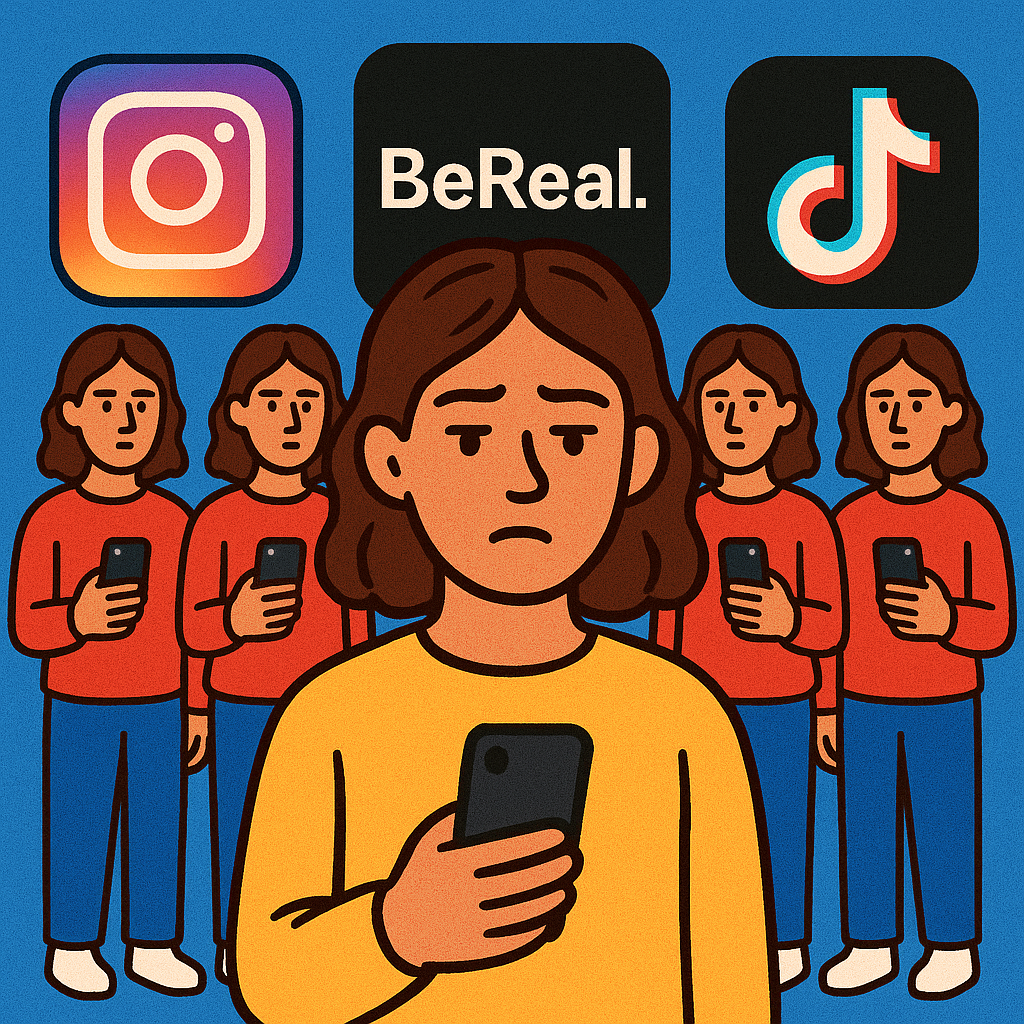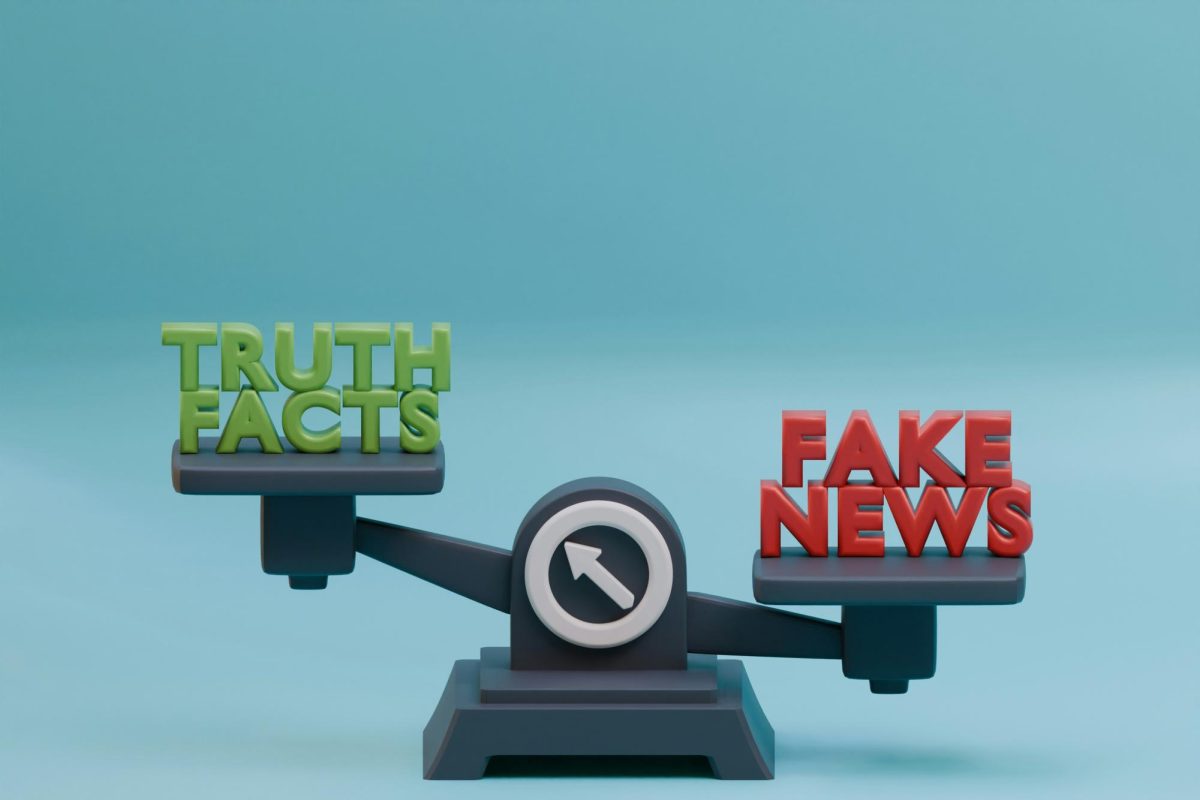Skills like mathematics, writing and literature, science, history, and geography are considered a fundamental part of functioning in the “real world” because of their practical applications and are therefore an essential part of the educational system. However, the significance of creative programs is frequently overlooked, and sometimes even belittled. Many struggle to recognize the essential role that creative outlets and crafts play in both development and education.
Being a member of society means making contributions to stimulate a community. This requires practical knowledge and conceptual understanding, which is developed through the study of math, English, and science. But being a human being means enjoying the nuances of life and the deeper beauty in places and people and being able to share these things with others. This kind of self-awareness and conscience evolves through providing creative outlets, like art and music, to students early on and maintaining them throughout their school career. Programs such as these empower students by allowing them to develop their creative identity and providing an artistic outlet to balance other aspects of academic schooling. Arts and music, especially, allow students the joy of creating something of their own and allow them to appreciate the qualitative features of life.
Creative programs teach kids other important skills as well, like discipline and the act of dedicating themselves to a craft. Students will learn the importance of commitment and practice–a lesson they will be able to apply when choosing a career expertise in the future. Students who participate in art and music activities frequently will also become more confident in themselves and their craft, helping boost their self-esteem, allowing them to express themselves, and learning to celebrate artistic individuality and diversity.
Creative outlets offer balance to students’ academic lives by offering them an artistic space to help them find their passions, confidence, and independence. Lessons learned in the art studio, rehearsal space, or up on stage are just as significant as those learned in a classroom. These lessons and skills are also relevant to adult life, when being creative and intuitive, in addition to practical, is fundamental. All schools, from elementary school to high school and even college, should include music and art programs, which will help kids learn and grow in ways other classes don’t always cover.


